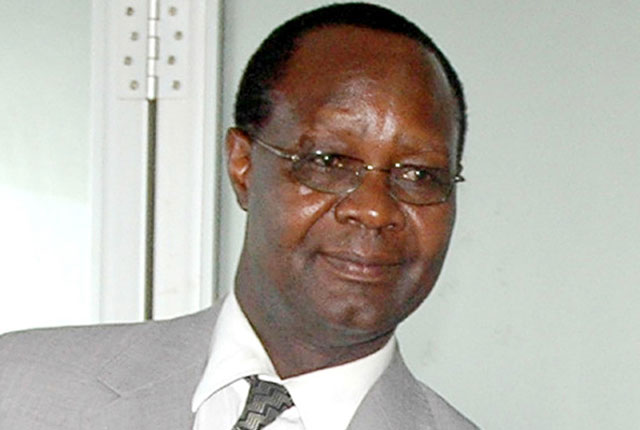
Kampala, Uganda | THE INDEPENDENT | Ugandan transporters and other road users of the planned Uganda-DR Congo joint roads project will have to pay for the roads whenever they use them, according to outcomes of the talks between the two countries.
In 2018, Uganda entered an agreement the Democratic Republic of Congo (DRC) to construct roads connecting the two countries, with the major aim of improving trade.
Initially, the government had indicated that the project would be 223km long in the DR Congo, at a cost of $335 million (1,232 billion Shillings), and Uganda would contribute 20 percent of the amount or about $68 million (about 246 billion Shillings).
This was however adjusted to several roads in the DR Congo totaling to 1,210 km.
The Ministry of Works, Transport and Communication says they are yet to determine how much it will cost, as consultations and studies are going on between the two countries.
The Permanent Secretary, Waiswa Bageya says Uganda and DRC will each contribute 20% of the cost and the remaining 60% will be contributed by the contractor.
The contractor will then recoup his investments from user fees known as Road Toll.
The governments are yet to decide on the contractor, but Dott Services is so far the one still under consideration. In October, as the MPs approved 200 billion shillings towards the project, many were opposed to the company saying it had no technical capacity to implement such a huge project.
According to the Works Ministry, the contracting and designing functions will be done by the DRC government while Uganda will play an oversight or supervisory role.
But PS Bageya says these are some of the issues under discussion:
Roads from the Ugandan border are Budiba-Bunya across River Semliki which is 77 km long, Mpondwe-Kasindi-Beni (77km), Nebbi-Goli-Bunya (197km) and Bunagana-Rushuru-Goma Road (100km) as well as the 758km corridor running from between the Congolese towns of Bukavu through Goma, Butembi and Beni to Bunya.
Trade
The move is expected to boost trade between Uganda and the DR Congo, currently the country’s largest export market, according to figures at the Ministry of Trade, Industry and Cooperatives.
Statistics show that trade between the two countries has grown from $480 million in 2016 to an estimated $651 million in 2020, with 85% of the trade being Ugandan exports.
These include building materials like cement and steel products, foodstuffs and re-exports like petroleum products, textile and electronics among others.
DRC’s exports to Uganda are mainly high quality timber and local textiles known as Kitenge.
The growth of Uganda’s exports was boosted by the closure of the Uganda Rwanda border at Katuna, which made Ugandans look for alternative markets.
However, traders met logistical problems in the Congo due to poor roads, and in some instances transporters stop and the borders and the traders are forced to look for others willing to drive into the DRC. This makes business too costly through high transport costs as well as delays on the road, according to Trade Minister Amelia Kyambadde.
The project also involves construction of markets and warehouses at the border points to facilitate the movement of goods.
Last October, sugar and rice were added to a number of products that the Uganda Revenue Authority banned from being warehoused, requiring traders to pay for them at the first point of entry, and not to be kept in warehouses before clearing customs duties.
This was aimed at preventing dumping of goods registered as transit goods, onto the Ugandan market.
Also, some goods would leave the warehouses either for the local market or for export when they are already expired, forcing government to stop their warehousing.
Warehousing allows the importer to keep the goods safe as they look money to clear them.
However, traders said the ban would affect trade with neighbouring countries especially with re-exports as it would be more expensive.
Minister Kyambadde said the government is constructing warehouses at the border points to enable traders keep their goods there for some time where necessary before transporting them to the final destination.
********
URN
 The Independent Uganda: You get the Truth we Pay the Price
The Independent Uganda: You get the Truth we Pay the Price



